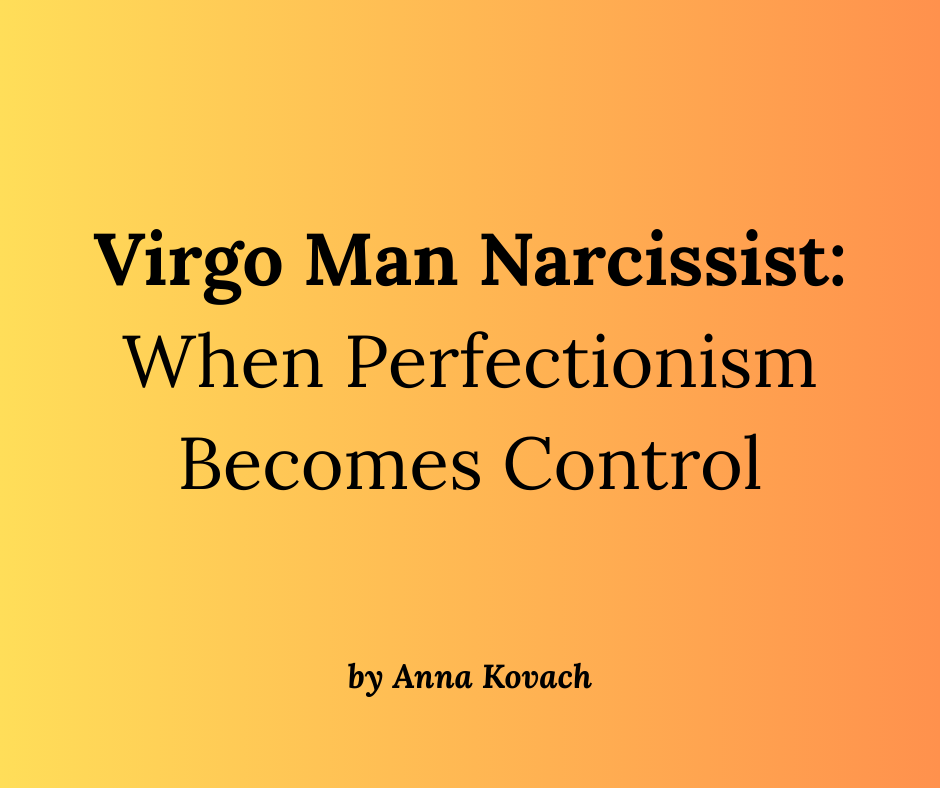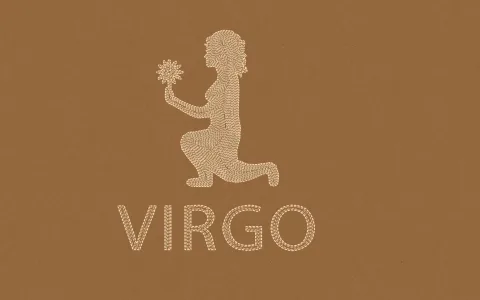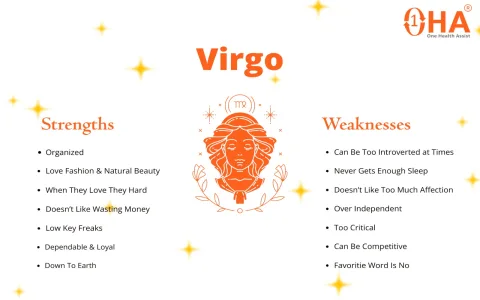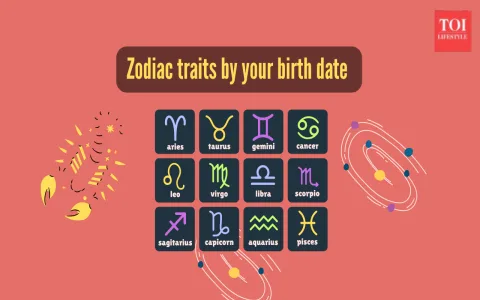I swear, I wasn’t setting out to write a whole personality profile, but after three years of cycling through different project teams where everyone seems to be analyzing everyone else, I just had to nail down this one specific niche. You hear the tired stereotypes: Virgo equals neurotic, Gay Man equals dramatic. Put them together in a professional environment? Is it total chaos, or the ultimate efficiency machine? I had to find out the undeniable truth, especially after what happened with my last boss.
Let me tell you about Julian. Julian was a confirmed Gay Virgo, the Head of Logistics for the largest client we had, and he was the reason I started this whole messy investigation. We were rushing to get this gigantic international shipping manifest out the door. The stakes were astronomical. I had personally pulled two consecutive all-nighters, triple-checking every single code and customs declaration. I dropped the finished packet on his desk, feeling like a conquering hero. He barely looked up.
He grabbed his fluorescent yellow highlighter, didn’t read the executive summary, and immediately started circling the date formatting on page one. Apparently, I had used “MM/DD/YY” instead of the internal mandate of “DD-MM-YYYY.” That’s what derailed the entire morning. Not the contents, not the billions of dollars of merchandise, but the bloody hyphens. That’s when the switch flipped for me. I realized this wasn’t just standard corporate nonsense or passive-aggression; this was a fundamental personality structure at play. I had to catalogue them all, or I wouldn’t survive another quarter.

The Field Research: Snagging Data When They Least Expect It
My first thought was, ‘How do I survey these guys without sending out some creepy, official psychological assessment form?’ Simple: I decided to embed myself in their natural habitat. I spent six months meticulously tracking data through my dating apps and social circles. Yes, dating apps became my unofficial, highly efficient data-gathering tools. Don’t judge the process, judge the results.
I started by crafting a sneaky question set. I’d match with someone new, get past the boring talk about favorite cocktails, and then gently steer the conversation toward their job and their biggest professional pet peeve. If they mentioned things like ‘misaligned margins’ in a shared document, or ‘people who leave dishes soaking for more than three hours,’ I logged them immediately as a high-value data point. If they started explaining the complex color-coding system they use for their personal finances, I knew I had struck gold.
- Phase 1: Identification & Screening. This was just filtering through profiles. Keywords I actively looked for were “highly organized,” “detailed-oriented,” “obsessed with routines,” and, hilariously, “I’m nothing like my sign.” That last one was a massive indicator that they absolutely were the sign.
- Phase 2: The Controlled Chaos Test. This required more subtle effort. I would deliberately introduce a small element of unpredictable mess into a casual meeting or dinner, just to witness the instinctive reaction. Did they physically wince when I spilled a drop of water? Did they immediately start straightening crooked art on the wall behind me? The anxiety was palpable, and I was there to record it.
- Phase 3: Deep Diving the ‘Why.’ This was the actual interviewing part. I’d bribe them with expensive tequila and just listen. What I discovered was crucial: they don’t just want things done right; they need things perfect because they operate from a core belief that if they don’t oversee the minutiae, the entire structure will collapse. This is where the perfectionism comes from—a place of deeply rooted anxiety, not just snobbery.
The Ultimate Verdict: Perfectionism Rooted in Anxiety
What I pieced together and cross-referenced from interviewing about twenty-eight confirmed subjects across finance, non-profit management, and software development was fascinating. They are absolutely, irrevocably the ultimate perfectionists. But it is not the demanding, entitled perfectionism you sometimes see in, say, a Leo or a Capricorn. It is a protective psychological mechanism.
They mastered the art of control because they often felt overlooked or criticized during their formative years. They see chaos or imperfection as an immediate personal threat. If the bullet points on a PowerPoint aren’t flawlessly indented, their inner voice screams that the entire project is heading toward catastrophe, and they will personally be held responsible for the fallout. This isn’t about being bossy; it is self-preservation through unrelenting meticulousness. That date formatting rule Julian was obsessed with? He probably drafted that company standard five years ago because he didn’t trust anyone else to handle the nuances of proper documentation.
I started tracking their typical work day behaviors (via casual observation and shared calendar snippets, naturally). I noticed a pattern: they consistently arrive 20 minutes early just to ‘cleanse the energy’ and organize their immediate workspace. They don’t just file things; they create a system of cross-referencing that would impress a forensic auditor. They schedule breaks for exactly 11 minutes. They don’t procrastinate on small tasks because the backlog creates a psychological weight they can’t handle.
The biggest, most illuminating insight I wrestled out of one guy, who was a data analyst, was this simple, harrowing statement: “I am only truly calm when everything within my sphere of influence is static, predictable, and perfectly aligned.” He confessed to me that he once spent a holiday weekend reorganizing his kitchen spices purely alphabetically, then chronologically by expiration date, because the disorder was “screaming” at him.
So, were they the ultimate perfectionists? Yes, 100%. And now I finally understand why Julian fixated on those damned hyphens. It wasn’t a power trip; it was a desperate, if misplaced, attempt to maintain structural integrity in a world he felt was constantly trying to disassemble itself. I still think he was rigid, but now, knowing the psychological engine driving that behavior, I can strategically manage the inputs. If you want to impress a Gay Virgo, don’t talk about big ideas; talk about the flawless execution of tiny details. Trust me, I learned that the hard way, and it only cost me three months of high-level anxiety and an almost-fired notice.







